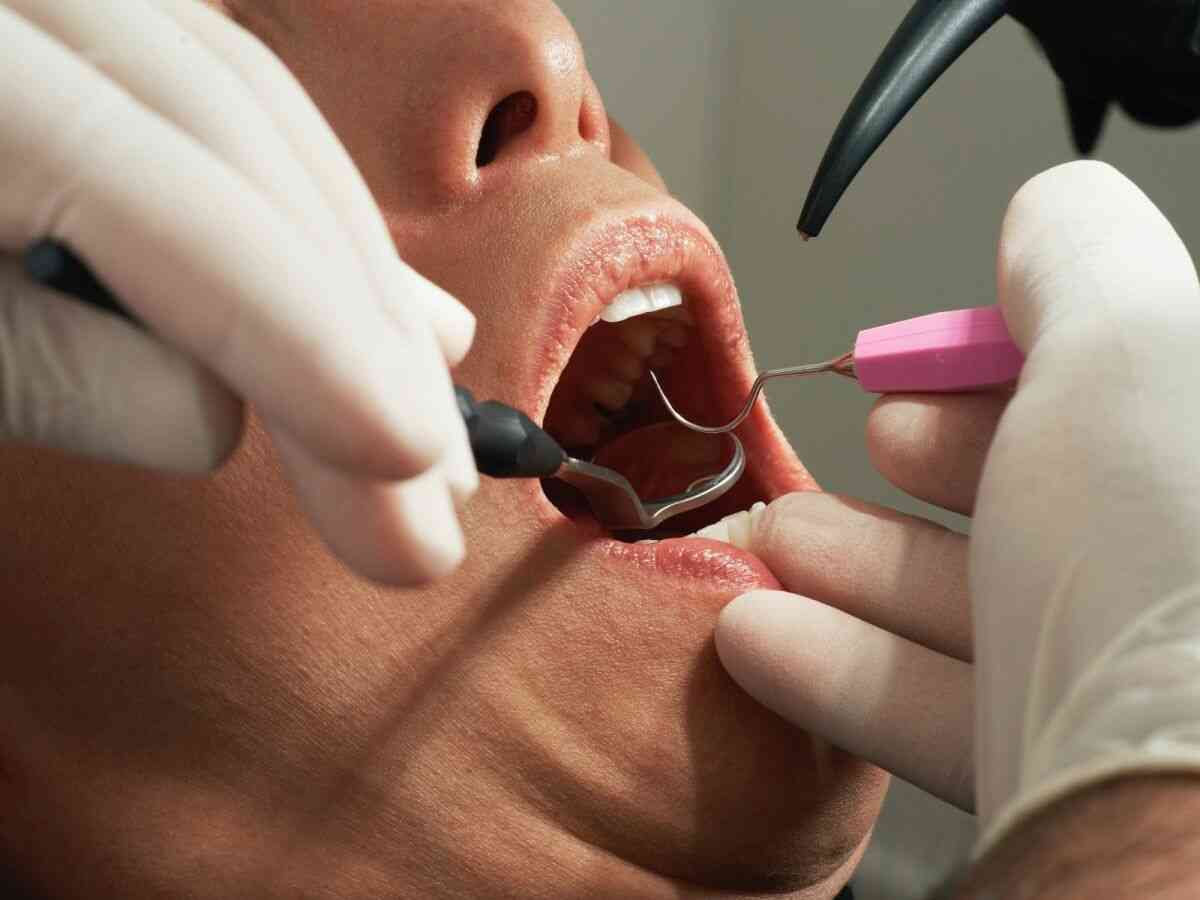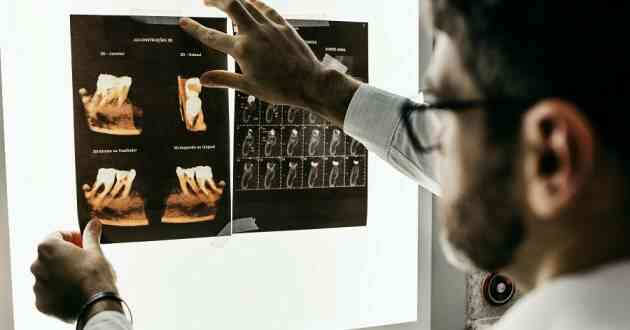How Do You Know If You Need A Root Canal?
- - Category: Dental Care
- - 04 Oct, 2021
- - Views: 730
- Save

Root canal therapy is a procedure that repairs and save teeth that have been infected or badly decayed.
Knowing if you need a root canal can be hard during the early stages of the problem. You are not sure if improving your oral hygiene can solve the issue or if dental work is already needed. Ultimately, most of the signs can only be determined by your dentist. The physical symptoms usually do not start until the problem becomes more advanced, so it helps to see your dentist regularly. Otherwise, if your dentist fails to spot a problem in its early stages, you might end up with an infected tooth and a need for root canal therapy.
Root canal therapy is a procedure that repairs and save teeth that have been infected or badly decayed. When the pulp of a tooth, which is composed of nerves and blood vessels, gets damaged, it has to be removed and the inside of the tooth needs cleaning and sealing. If you think you need to get root canal, here are seven signs you should watch out for.
Persistent Pain. Pain is one of the main indicators that something is wrong with your tooth. If you find yourself having trouble doing even normal activities like eating or drinking without pain, see a dentist immediately. Your dentist will examine your teeth and see if your nerves or blood vessels have inflamed because of infection. Antibiotics can help with the infection, so your dentist might not have to recommend root canal for the pain.
Cracked or Chipped Tooth. Teeth can get cracked or chipped form eating hard food items, contact sports injury or previous dental work gone wrong. When this happens, the nerves beneath the tooth surface are exposed that can lead to infection. An infection in the root of a tooth can enter the bloodstream and spread throughout the body. Left untreated, it will require a root canal to stop further infection and pain.
Heat or Cold Sensitivity. If your teeth aches when you drink hot drinks, this can be a problem. From a dull ache, the issue can progress into a sharp and intense pain. Cold food and beverages can cause pain with an infected tooth. When you consume ice on one side of the mouth to avoid pain, damaged nerve endings and blood vessels might be the culprit. Your dentist might recommend root canal to fix your sensitive tooth problem.
Swollen Gums. Swollen gums indicate that there is a problem beneath the surface. If your gums are swollen and painful and has a raised bump, have your dentist examine your swollen gums to see if inflammation is the problem. There are some cases where root canal is necessary to solve the problem of swollen gums if they do not improve with more conservative measures.
Dark Discoloration of Tooth. Discolored tooth can be the result of exposure to food and beverages that stain the tooth enamel. It can also be caused by nerve damage under the tooth surface or from poor oral hygiene. When blood vessel and nerve damage occurs, schedule an appointment with your dentist as soon as you can to get root canal therapy and remove the damaged root.
Prolonged Sensitivity. If you feel pain when you put pressure on your mouth with sensitivity lasting for weeks or months without any improvement, root canal therapy might be necessary. Prolonged tooth sensitivity is usually caused by damaged root, which do not heal on their own. To remove pain for good and contain any contamination, your dentist can give you various treatment options.
Deep Decay. If deep decay has set in the base of the tooth, no matter how much you brush, floss and rinse with mouth wash, the problem will never be solved. A cavity that has been neglected for a long time will spread to the nerves and root of the tooth. In these instances, the only likely option for repair is to fit you with a crown.
If you suspect that you have a dental problem that can only be fixed with root canal therapy, do not worry too much. It might not be a treatment that many are too fond with, but this is a common and usually painless procedure. With the right dentist, the whole experience does not have to be scary. Call your dentist now to talk about root canal and to determine if this is the best treatment for your dental issue.


